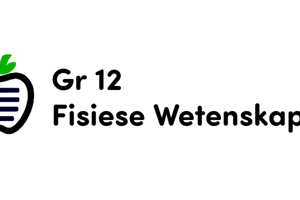Podcast
Questions and Answers
Why do the boiling points and melting points rise as the number of carbons increases?
Why do the boiling points and melting points rise as the number of carbons increases?
- Because the molecules change their shape
- Because the intermolecular forces increase as the molecules get larger (correct)
- Because the molecules get smaller
- Because the molecules lose their intermolecular forces
What is required to occur during the processes of boiling and melting?
What is required to occur during the processes of boiling and melting?
- Lowering the temperature of the substance
- Breaking the covalent bonds within a molecule
- Overcoming the intermolecular forces of a liquid and a solid (correct)
- Creating new molecules
What happens to the intermolecular forces as the molecules get larger?
What happens to the intermolecular forces as the molecules get larger?
- They increase (correct)
- They decrease
- They become weaker
- They remain constant
What is the relationship between the number of carbons and the boiling points and melting points?
What is the relationship between the number of carbons and the boiling points and melting points?
What is the result of overcoming the intermolecular forces during boiling and melting?
What is the result of overcoming the intermolecular forces during boiling and melting?
Flashcards are hidden until you start studying
Study Notes
Trends in Boiling and Melting Points
- As the number of carbons in a molecule increases, its boiling point and melting point also increase.
- This trend is due to the strengthening of intermolecular forces between molecules as they get larger.
- Boiling and melting require overcoming these intermolecular forces in a liquid and a solid, respectively.
Studying That Suits You
Use AI to generate personalized quizzes and flashcards to suit your learning preferences.



